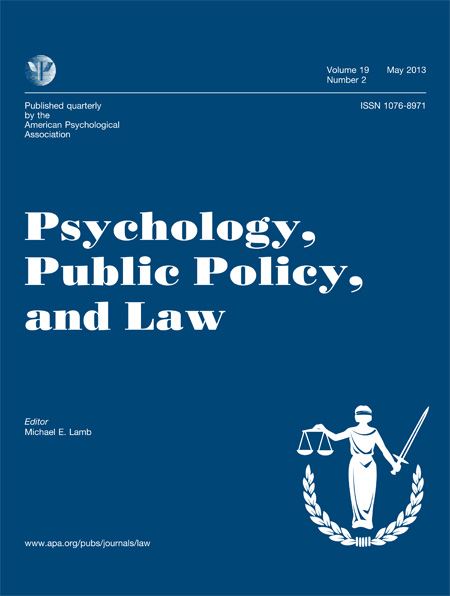Emanuel Towfigh & Andreas Glöckner: Game Over. Empirical Support for Soccer Bets Regulation, Psychology, Public Policy and Law (PPPL) vol. 17(3), August 2011, 475 – 506 | Download: APA
Abstract In many countries, betting in sports is highly regulated but both in the U.S. and in Europe there are current debates whether regulation should be loosened. We empirically investigate core arguments of these debates with a special focus on Germany. A crucial part of the argument in German Law is that sport bets could be qualified as ‘games of skill’ that are considered to be less dangerous than ‘games of chance,’ and are thus assumed to need less regulation. We explore this hypothesis in three incentivized online studies on soccer betting (N = 214) and provide evidence against two crucial parts of this argument. First, we show that there are no overall effects of skill on accuracy in soccer bets and monetary earnings do not increase with skill. Hence, soccer betting cannot be considered a game of skill. Second, we show that soccer betting induces strong overconfidence and illusion of control, particularly for people who assume they have high skill, and that these biases lead to increased betting. Cognitive biases that might cause financial harm for bettors or even lead to problematic or pathological gambling behavior are even stronger for soccer bets in the latest no deposit casino bonuses uk casinos compared to bets on the outcome of lotteries. Concerning the main aims of legal regulation for gambling in German law, our results strongly speak for regulation of soccer bets. We discuss that similar arguments can be made under U.S. law.
